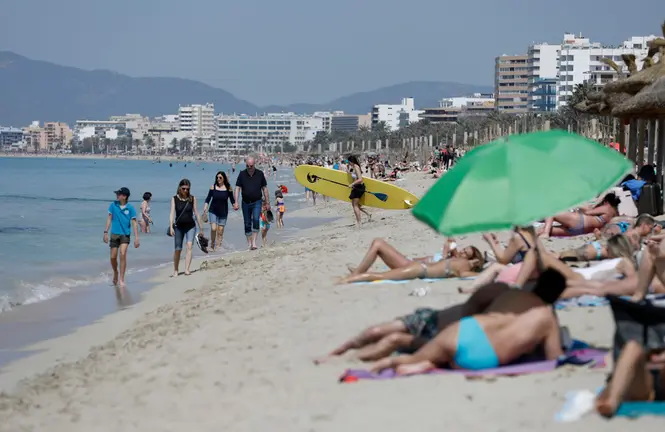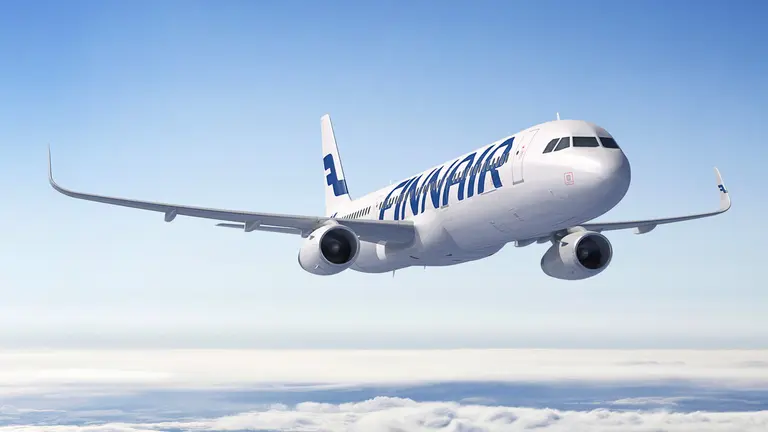The Finnish government announced on Thursday its decision to keep Finland closed to foreign tourists in general for another month.
According to the Ministry of the Interior, the government has decided to extend the restrictions on entry into the country at least until 27 June. In practice, this means that for non-residents only some entries will be allowed for work or for so-called "essential reasons" or if the visitors come from certain countries with very low coronavirus incidence.
This is a serious blow to the Finnish tourism services industry. Companies that work with foreigners already consider the summer 2021 campaign lost. Meanwhile, they see how their competitors from other countries in the Schengen area begin to receive clients because their governments are relaxing entry conditions.
The restrictions imposed by Finland not only affect the external borders: the coalition government chaired by the Social Democratic Prime Minister Sanna Marin (SDP) maintains an iron closure for non-essential travel that also affects citizens of the rest of the European Union (EU) and the Schengen area.
"The Covid-19 pandemic continues to spread, and we do not yet have adequate measures available to replace the restrictions. For this reason, and to curb the spread of Covid-19 variants, both internal border controls and restrictions on external border traffic will continue," says in a statement the Ministry of the Interior, headed by Maria Ohisalo (Green Party or Vihreat, in Finnish).
However, on the same day, the national health authorities issued a statement in which they said that the epidemiological situation in the Nordic country has improved significantly during the past week.
According to the Finnish Institute for Health and Welfare (THL), currently the incidence of Covid-19 in Finland is 36.6 new cases per 100,000 inhabitants in the past two weeks.
Travel for work allowed
Regarding the entry restrictions already in force, the only substantial change that is that from 7 June on entry for work will be allowed in air traffic between Schengen countries or EU countries. Students will be also allowed entry for purposes of training included in their studies.
On land borders and in water transport (with the exception of border community traffic between Finland and Norway), travel for work will still be allowed "for essential reasons only." Essential reasons refer to work that is important for the functioning of society or the security of supply or certain specifically defined special groups, the Ministry clarifies.
Finland now restricts entry from all other Schengen countries except Iceland and Malta.
The Schengen countries are Austria, Belgium, Czech Republic, Denmark, Estonia, Finland, France, Germany, Greece, Hungary, Italy, Latvia, Lithuania, Luxembourg, Malta, Netherlands, Poland, Portugal, Slovakia, Slovenia, Spain and Sweden, which are EU Member States, as well as Iceland, Liechtenstein, Norway and Switzerland, which are non-EU countries.
External border traffic
Restrictions on external border traffic, between Finland and non-Schengen third countries, remain unchanged.
The Government decision of 20 May will be specified so that non-Finnish citizens living in another EU or Schengen country are not allowed to return to their country of residence through Finland if the transit is not work related. This does not apply to air traffic.
Restrictions have been lifted earlier for traffic arriving in Finland from the Vatican, and for traffic between Finland and Australia, South Korea, Israel, Singapore, Rwanda, Thailand and New Zealand for residents of these countries. Entry from these low-risk countries is not restricted due to the low incidence of Covid-19.
For other countries, the restrictions on entry will be extended until 27 June.
The government also recommends "avoiding unnecessary travel to other countries, except for countries for which the restrictions on entry have been lifted."










